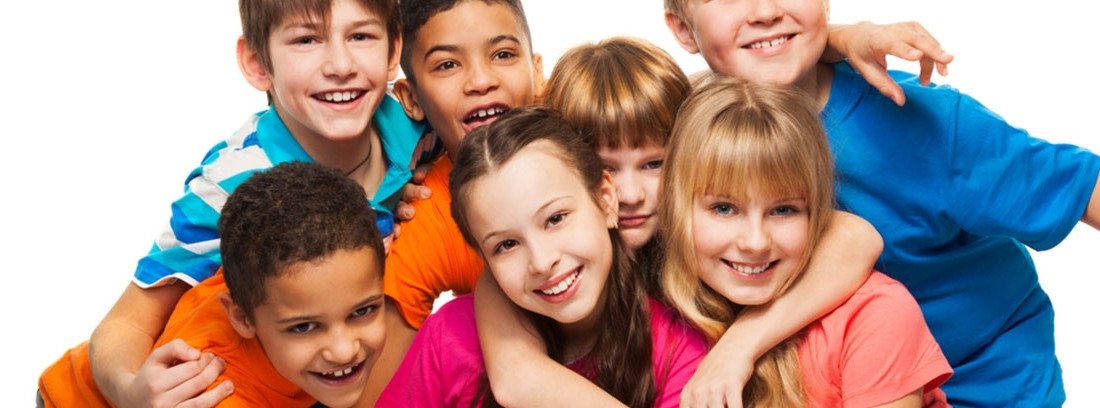Emotional development from 6 to 12 years

In the school stage, the socialization process that had begun at the age of three continues. They play in groups and are usually groups of the same sex: boys with boys and girls with girls.
It is essential that the child feels integrated into the group. Rejection by other children can cause self-esteem problems in the child.
At home you should follow the line of a positive education with limits and a lot of affection. Their achievements should be recognized and congratulated to nurture the child's self-esteem and encourage the expression of feelings in family communication.
Failures are part of the child's life, both school and personal. They must be faced with positivity and a spirit of improvement and never trivialize them. It is important to work with the child on tolerance to frustration.
It is a key period in the formation of the personality, it is influenced by the family and the rest of the social relationships.
From 6 to 8 years old, family is still very important to him and now friends and teachers are also beginning to be. The first groups of friends are formed and team games are frequent. They are fragile relationships that can be broken by any small setback. The concept of friend is one that pleases you.
At this age they know the rules and try to follow them, although they may start to cheat to get away with it, but they are aware that they are doing it wrong and often feel bad about it. In these first two years of this stage the feeling of justice begins to be forged and he resorts to phrases such as "this is not fair" to be treated like others.
It is time to give him small responsibilities in housework or simple errands (set the table, pick up dirty clothes) and he must organize his toys.
From 8 to 10 years of age, your emotions are more balanced (although you can get angry frequently), you form an image of yourself and you can begin to compare yourself with others. You need adult reinforcement and approval to build your self-esteem.
The family and the school are important references and in collective games he is capable of setting the rules and knowing that if he does not comply with them they will not be admitted to the group. He begins to understand friendship as something two-way, that is, that both parties must be involved in order to please the other.
He begins to distinguish between what is right and what is wrong and is able to reflect on this. On a moral level, he understands abstract concepts such as truth-lies and applies them to everyday life.
In the 10-12 years, friendship is understood as something reciprocal of people who share tastes and interests; value fidelity. There is a total understanding of the rules and sees them as necessary for a good coexistence.
You already have enough capacity to take care of yourself (hygiene), a pet, or run more complex errands than before.
(Updated at Apr 13 / 2024)